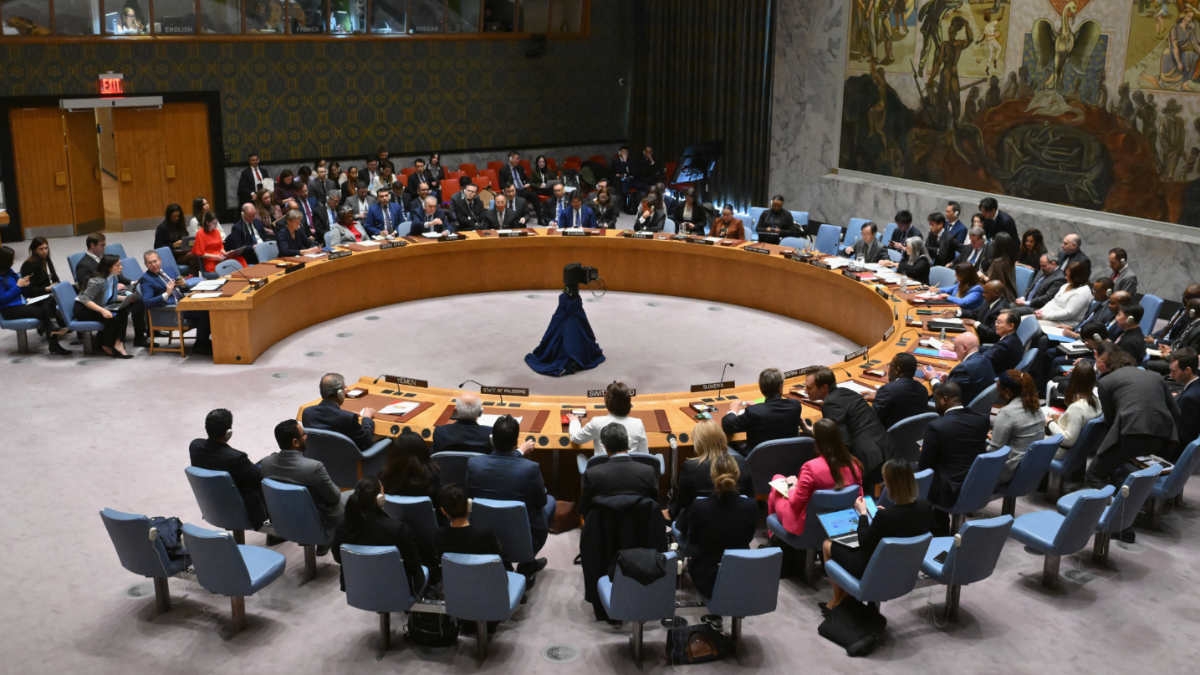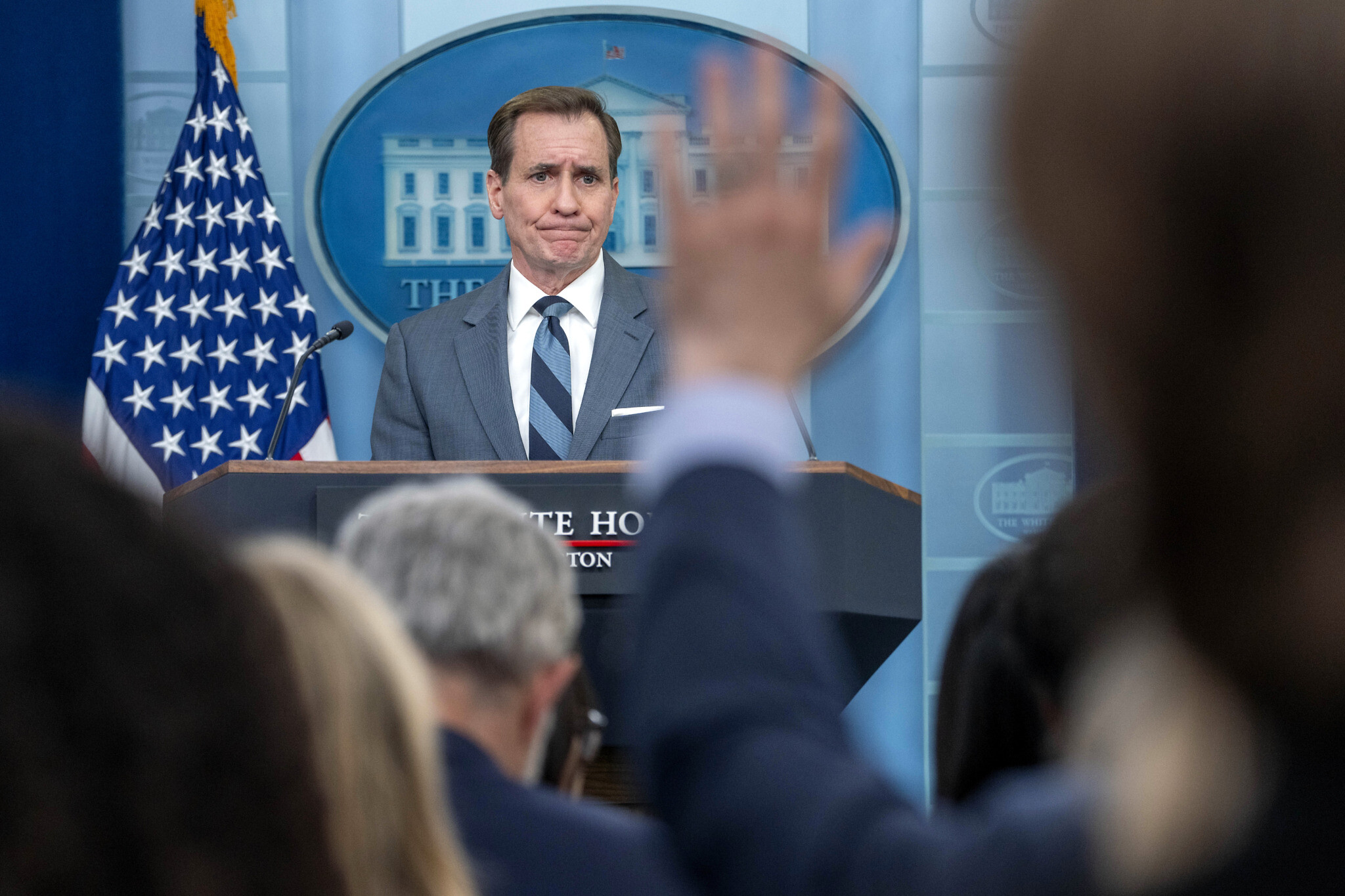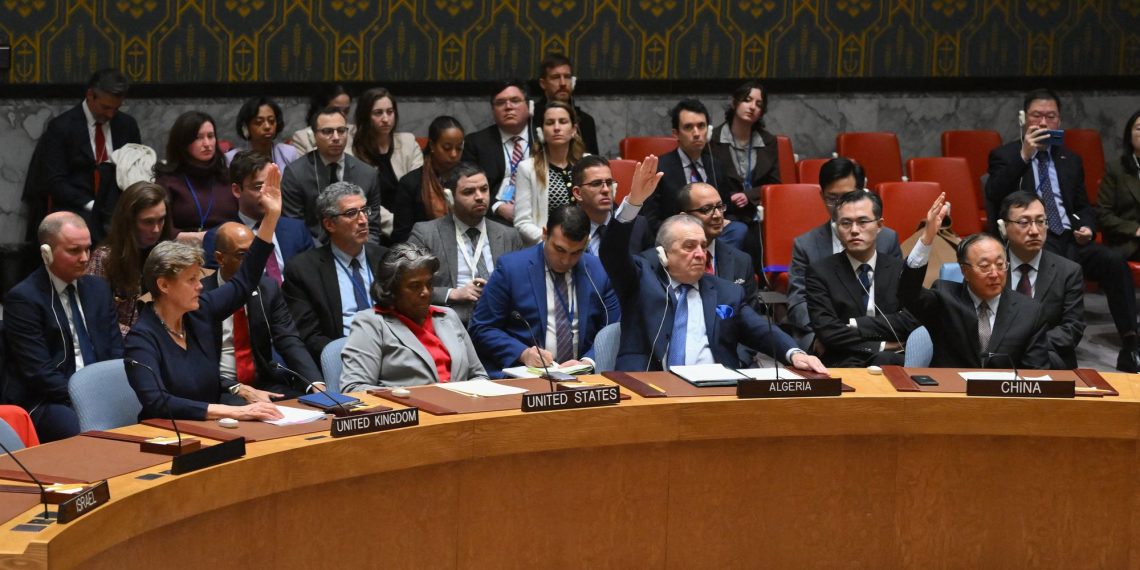Israeli Prime Minister Benjamin Netanyahu made a bold move by canceling a planned delegation to Washington in response to the United States’ abstention from vetoing a U.N. Security Council resolution urging a ceasefire in Gaza.
Netanyahu‘s decision came as a direct reaction to what he perceives as a significant shift in U.S. policy, expressing concerns about its potential impact on Israel’s ongoing conflict with Hamas and efforts to secure the release of numerous hostages in Gaza.
The U.N. Security Council’s resolution called for an immediate ceasefire between Israel and Hamas, alongside the unconditional release of all hostages.

With the U.S. abstaining from the vote, Netanyahu deemed it necessary to halt the delegation’s scheduled departure, sending a clear message about Israel’s stance on the matter.
The White House, however, refuted any suggestion of a policy shift, emphasizing that the abstention did not reflect a change in American policy.
Despite Netanyahu’s decision, the U.S. remains committed to engaging in discussions with Israel and addressing concerns about its military strategies, particularly regarding the planned operation in Rafah, Gaza.
The cancellation of the delegation’s visit prompted mixed reactions domestically, with opposition leader Yair Lapid criticizing Netanyahu for prioritizing internal political matters over diplomatic relations with the U.S.
Lapid accused Netanyahu of irresponsibility, suggesting that the cancellation was an attempt to divert attention from internal political tensions within his coalition.

As tensions continue to simmer in the region, Netanyahu’s decision underscores the complexities of navigating diplomatic relations amidst ongoing conflict.
While Israel remains steadfast in its approach to addressing security threats posed by Hamas, the fallout from the U.S. abstention highlights the delicate balance of maintaining international alliances in pursuit of national interests.
Amidst these developments, both Israel and the United States are poised to engage in further discussions to address concerns and explore alternative strategies for addressing the situation in Gaza.





